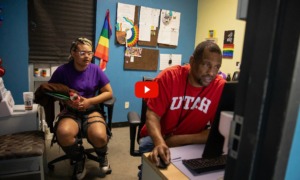Author(s): The Columbia Group Members
- A+ Education Partnership in Alabama
- Georgia Partnership for Excellence in Education
- Prichard Committee for Academic Excellence in Kentucky
- Education’s Next Horizon in Louisiana
- Mississippi First
- Public School Forum of North Carolina
- SCORE (State Collaborative on Reforming Education) in Tennessee
Principal Author: Alan Richard
Published: February 2018
Report Intro/Brief:
“In 2017, the seven nonprofit organizations known together as the Columbia Group asked thousands of parents, students, teachers, principals, researchers, business leaders, state policymakers, and others for their views on the future of education in the South. The key finding: There is much consensus on new directions for education across political affiliation, location, race, age, and gender.
Student achievement in the South has risen significantly overall in the past few decades. But gaps
remain between more affluent and white students and their peers who are black, Hispanic or from
low-income families. In a grave trend, these achievement gaps have actually widened in some states,
grade levels and subjects. If schools do not help more students catch up more quickly — even as they
raise expectations for all children — the region’s economic prospects will worsen. In some areas, they
already have.
Now is the time for states to develop a long-term vision for improving education so that many more
children can succeed in school and life. The Columbia Group organizations are pushing for states to
use the new federal Every Student Succeeds Act, or ESSA, to help schools raise achievement and
improve opportunities for every child. Together, these organizations — with guidance from the people
in every Southern state — issue a new challenge for improving education:
While Southern states have made great strides in many areas of education, the rapid economic and demographic changes in the region require states to make more progress — and at a faster pace. States must finally deal with the historic inequities in education that continue to hold back many parts of the region. This means all of the South’s children should have a rigorous and engaging education, and students who are behind or historically underserved should receive the extra help and support they need to narrow the gap between them and their peers.“






























